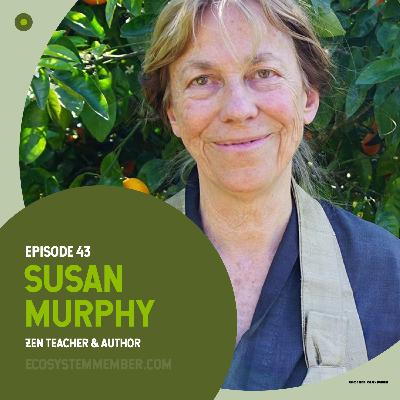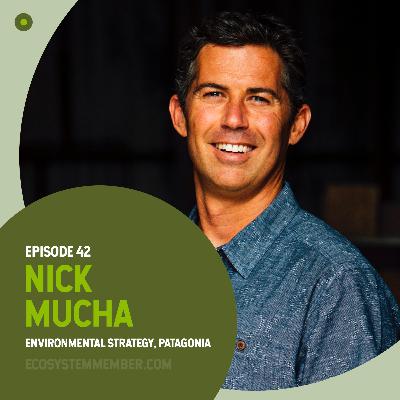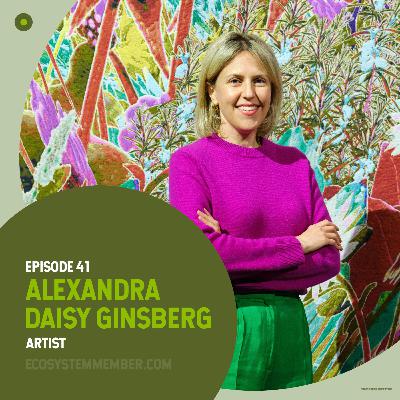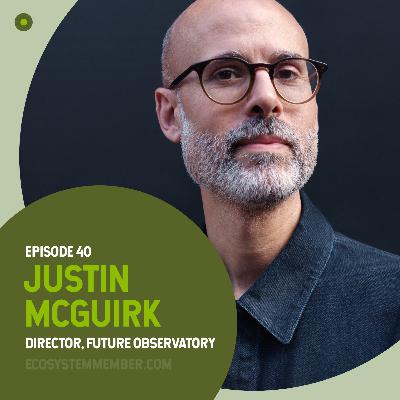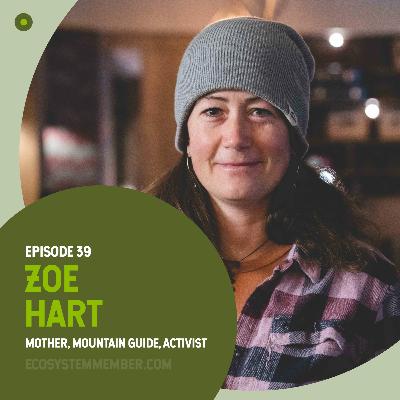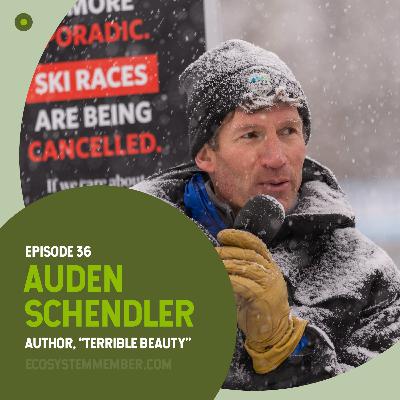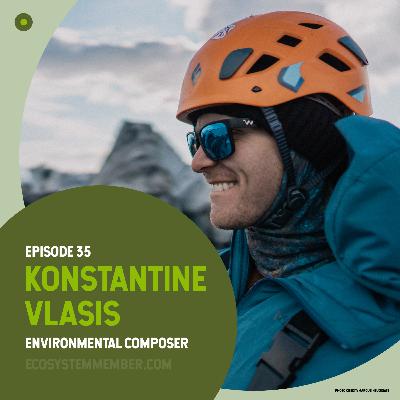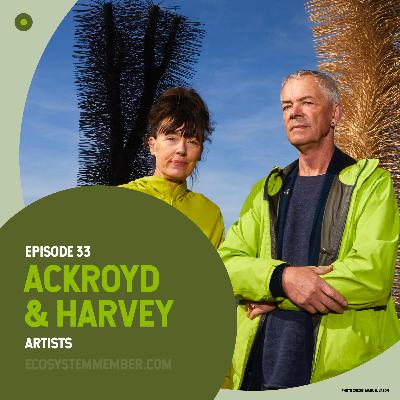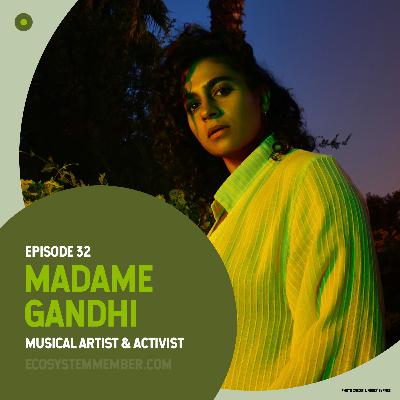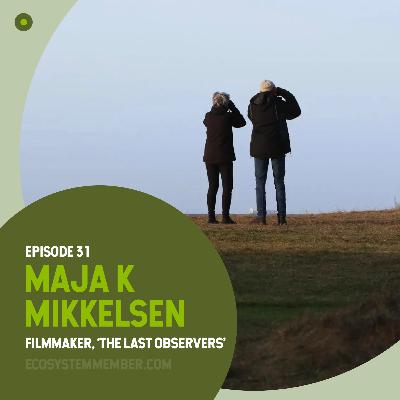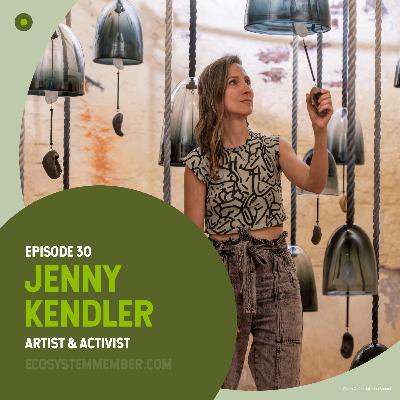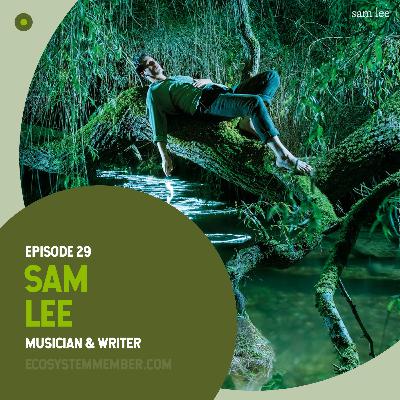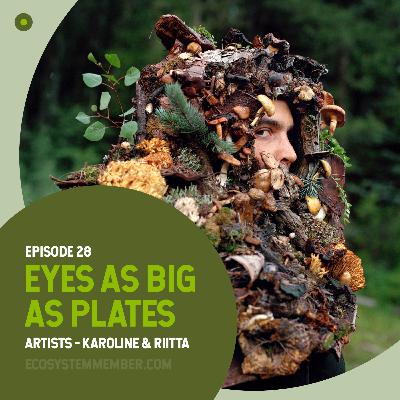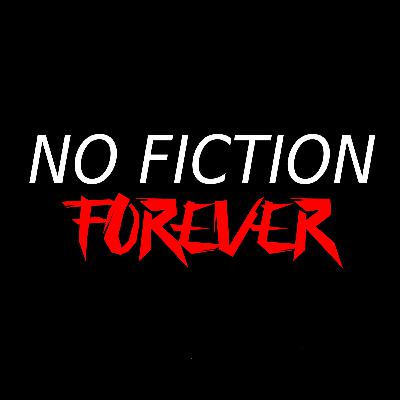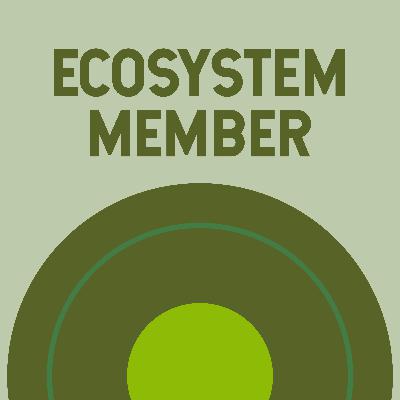What does an ecologist eat in the age of climate change? Mark J. Easter, ecologist and author of "The Blue Plate"
Description
Hey folks, welcome to a bonus episode of the Ecosystem Member podcast. Some of you are probably aware that Ecosystem Member is actually my second podcast project. My first called You Can't Eat Money looked specifically at the relationship between humans and nature and the more-than-human world through the medium of food. Given that our food system accounts for about a third of global greenhouse gas emissions - in particular incredibly potent methane from animal agriculture - and many of us in the West eat a few meals at day, food seemed like the best place to start where individual action can actually make a huge difference. What you pick up off the grocery store shelf and what restaurants you frequent and what you order at restaurants you frequent shapes demand. If we opt for foodstuffs that are more environmentally responsible, that demand indicator can shape the purchasing and investment of large businesses. The problem is there is a lot of misinformation out there. Just a couple weeks ago, a “major” study commissioned in the UK state that beef cattle farming was “beyond net zero” meaning a reducing in beef production and consumption isn’t necessary because the farm captures more carbon than it emits. The study, however, was quite small, on only three fields out of the 105 fields on farm, failing to meet the threshold for being statistically significant. (https://www.theguardian.com/commentisfree/2025/may/07/cattle-sheep-farming-sustainable-food) What’s probably not surprising is that the research was funded by McDonald’s, which according to reporting from Bloomberg has a larger footprint of heat-trapping emissions than the entire country of Norway, the entirety of cement production in the United States, and American Airlines. It has been estimated that McDonald’s sells about 2.36 billion hamburgers per year globally.Many people who have shared the McDonald’s-funded research online have used the phrase “It’s not the cow, it’s the how,” which to put it bluntly is a ridiculous frame that insinuates that the other side is actually blaming cows for climate change. As Andy Jarvis, the Director of Future of Food at the Bezos Earth Fund, told me in a recent LinkedIn exchange, the cow that exists for animal agriculture today has been so manipulated by humans that it no longer resembles the cows that were first domesticated. So, in light of its recent James Beard Foundation award nomination, I am re-releasing the episode I recorded for You Can’t Eat Money with the author of “The Blue Plate” - Mark J. Easter. I’ve read far too many books and white papers on this topic. Mark’s research, insight and empathy makes “The Blue Plate” the only book I really recommend to people when it comes to understanding the impact on nature and the more-than-human world - and ourselves really - of our food system. So huge congrats to Mark on his nomination and I hope you enjoy this podcast as much as I did when I recorded it. Buy “The Blue Plate” by Mark J. Easter - https://bookshop.org/a/96865/9781952338205



